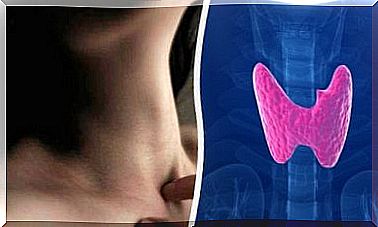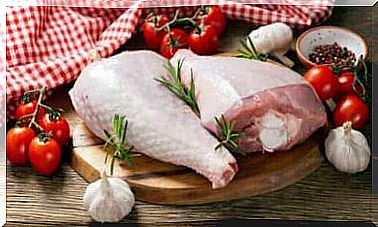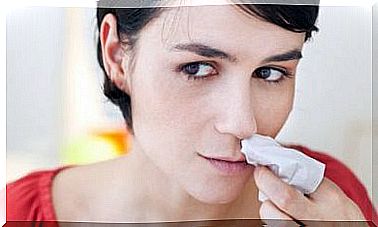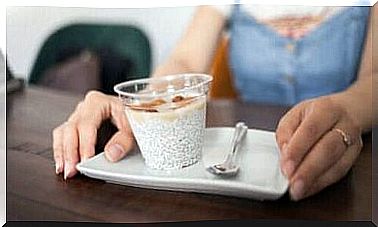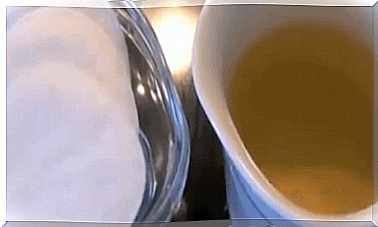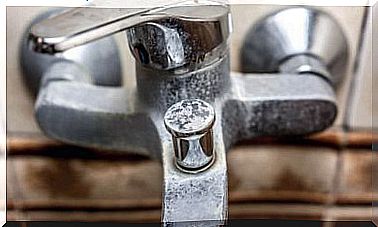6 Benefits Of Eating Alfalfa

Eating alfalfa can help improve our overall health. It is rich in iron, making it ideal for anemia and iron deficiency. Lucerne (alfalfa) is part of the pea flower family and is often used as feed. However, due to its nutritional value, it has become popular as a food and is useful for medicinal purposes.
All parts of the plant can be safely eaten or drunk by humans:
- The flowers are used for tea.
- The leaves are used, among other things, for juice.
- Sprouts are a delicious ingredient in salads.
- The root helps control fever in traditional Chinese medicine.
- Damp ground seeds relieve irritating insect bites.
What are the properties?
In other words, alfalfa is a complete food because it contains:
- Vitamin A helps the lungs and heart to function properly.
- Minerals (magnesium, calcium, iron and selenium) are essential for important bodily functions.
- Vitamin C has an antioxidant effect and is needed to make collagen.
- Proteins, some studies suggest that alfalfa may be useful in the fight against some types of cancer.
- Vitamin K is indispensable for blood clotting.
What are the benefits of a regular intake?
Apart from benefiting from nutritional values, we achieve the following seven health benefits by including alfalfa in our diet:
1. It strengthens the immune system
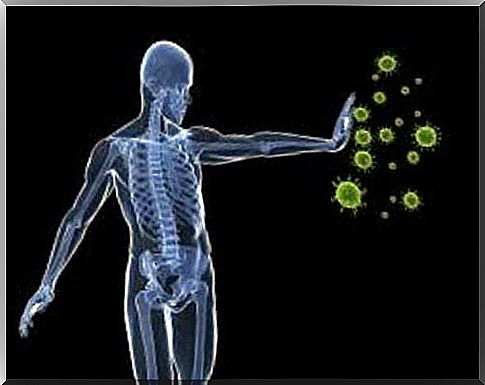
This food stimulates the immune system and optimizes the response to viruses and bacteria.
Eating alfalfa sprouts is the best way to increase this benefit, since you are also eating glucosinolates, which are compounds with anti-cancer properties.
2. Eating alfalfa detoxifies the body
Thanks to the regulatory properties of the urinary and digestive systems, alfalfa is ideal for ridding the body of toxins. It also helps treat kidney failure and stomach ulcers.
3. Prevents anemia

In addition to its nutritional properties, eating alfalfa not only helps prevent, but also combats iron deficiency anemia due to its high iron content.
4. Relieves menopausal symptoms
This is due to the phytoestrogens found in alfalfa, which increase estrogen levels in the body. It is also recommended that you eat alfalfa to avoid menstrual cramps.
5. Reduces the risk of cardiovascular disease

According to a 2008 study, a diet that includes alfalfa regularly can help reduce the level of bad cholesterol (LDL) in the arteries.
Eating alfalfa improves the health of the skin
This food is perfect for beautiful and radiant skin due to the high content of antioxidants and coumarin. In addition, it helps fight cellulite.
How do you include alfalfa in your diet?

Leaves from alfalfa can be prepared and eaten with green leafy vegetables, such as spinach and beetroot. In the same way you can make a delicious refreshing juice.
Ingredients
- 75 grams of alfalfa leaves
- . Squeezed lemon
- 1 liter of water
- Honey (for taste)
Equipment
- Blender
Approach
- Add the alfalfa leaves, lemon juice and water to the blender.
- Mix for three minutes. Add honey and mix again.
- Serve and enjoy.
Alfalfa sprouts are also an excellent alternative for making salads. You can also have them as an ingredient in sandwiches. Plant them at home if you can not get them at the local market.
What do you need?
- A container that is at least 9 cm wide and 15 cm high.
- A thin piece of cloth to cover the container.
- A rubber band.
- 250 ml of water
- 1 tablespoon seeds from alfalfa (10 g)
What are you going to do?
- Put the seeds in the container and let them soak for three hours.
- Cover the container with a piece of cloth and the rubber band.
- Drain the water and place the container in the sun.
- Continue for a week. Move the container occasionally to prevent the sprouts from tangling.
- To eat them, just rinse and disinfect them.
When should you not eat alfalfa?
Despite all the benefits, there are cases where it is better not to eat alfalfa:
- Do not eat it during pregnancy and lactation because it interferes with estrogen.
- It is not recommended when taking anticoagulant drugs.
- Ingestion is advised against patients with autoimmune disorders.
- People with gout or high uric acid should stop eating alfalfa due to its high purine content.
Always remember to talk to a specialist before taking or using a remedy if you have any medical conditions and doubts about eating alfalfa or other foods.
